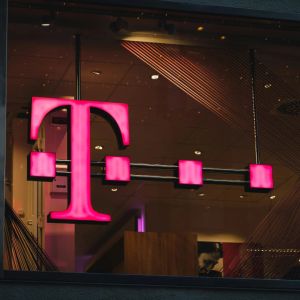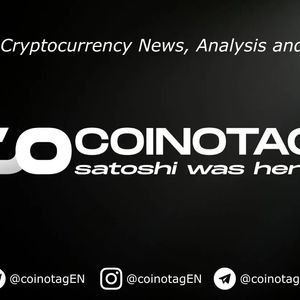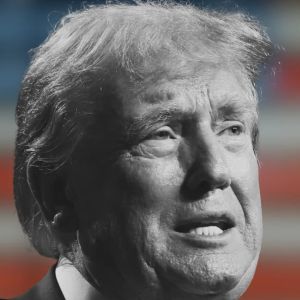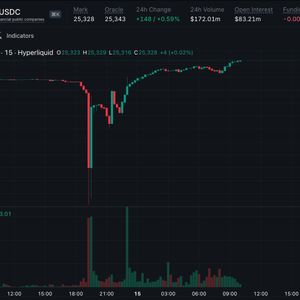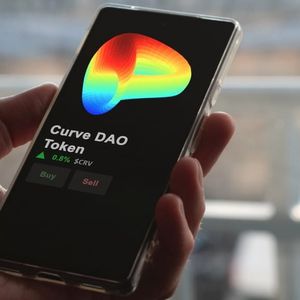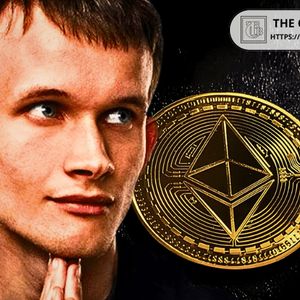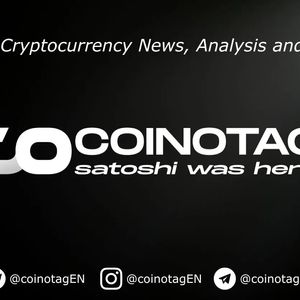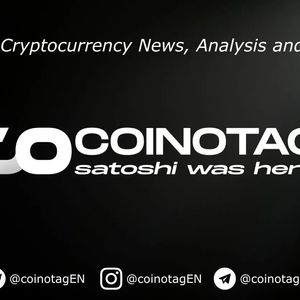Theta Network has announced that Germany-based telecom giant Deutsche Telekom has joined its blockchain network as an enterprise validator. The development positions the telecommunications firms alongside other corporate validators, such as Google and Samsung. In its announcement , Theta Network mentioned that the telecommunications firm is the first of its kind on its blockchain, with the feat marking a major advancement for Deutsche Telekom. Alongside the other corporate validators, Deutsche Telekom will be charged with the core blockchain function of verifying transactions and securing the Layer 1 network. The company’s specific validator address is also publicly active on the Theta blockchain. Deutsche Telekom becomes a validator on Theta Network With the new development, Deutsche Telekom is expected to secure its role on Theta Network by staking the protocol’s native THETA token. In return, the telecommunications company will earn staking rewards that will be paid in TFUEL, the operational token used for gas fees and payments on the Theta Network’s Theta EdgeCloud platform. Theta EdgeCloud is a decentralized, hybrid cloud edge computing platform that matches demand with supply from community edge nodes and cloud partners to provide distributed GPU capacity. In addition to its provision of strong price and performance characteristics, it offloads computation to edge nodes, reducing latency and costs to traditional centralized cloud providers. It provides support to different applications, including generative AI, 3D modeling, and real-time data processing. With its hybrid architecture, the platform allows developers, researchers, and enterprises access to scalable, affordable, and high-performance computing infrastructure. In addition, Theta EdgeCloud is leading the way in decentralized AI and media innovation. Its global partners include the NBA team Houston Rockets, AI labs of Stanford University, Seoul National University, and Singapore NTU. The addition of Deutsche Telekom will help the platform increase its enterprise footprint in the AI markets. Theta Network hails the growing importance of AI Deutsche Telekom mentioned that the move is a natural extension of its existing infrastructure business into decentralized computing. The company also noted Theta’s emphasis on performance and reliability in AI-heavy environments as the key to its decision. “We’ve been impressed by recent Theta EdgeCloud use cases focused on reliability, performance, and security, particularly in academia, where large AI models are trained and served at the edge. Theta’s decentralized architecture aligns with our focus on dependable, secure infrastructure. As a digital leader, we’re happy to support this innovative technology and contribute to its growth, unlocking new possibilities and opportunities in the process,” Dirk Roeder, Head of Telekom MMS Web3 Infrastructure and Solutions, said. On its part, Theta Network mentioned that it was happy to welcome Deutsche Telekom as the first digital telco to its network. Mitch Liu, CEO and co-founder of Theta Labs, highlighted the work the telecommunications firm had put in in the blockchain industry, calling it “a pioneer in blockchain adoption and infrastructure.” “Their decision to operate a Theta validator node underscores Theta’s growing importance as the leader in decentralized cloud services for AI, media, and entertainment,” he added. This isn’t Deutsche Telekom’s first rodeo in the blockchain industry. The telecom firm has built a considerable Web3 portfolio through its subsidiary Deutsche Telekom MMS. The telecom giant had also previously provided enterprise-grade infrastructure and validation services to major protocols, including Ethereum, Chainlink, and Polkadot. Last year, it launched a pilot project with Bankhaus Metzler to operate a Bitcoin mining initiative with surplus energy. The pair planned to use renewable energy sources that would have remained unused due to the grid’s limitations. The project, which was carried out at Rival GmbH Engineering in Backnang, saw the mining operations powered by the company’s system. The company also used Telekom MMS’s expertise in Web3 technology to carry out the operation. Want your project in front of crypto’s top minds? Feature it in our next industry report, where data meets impact.


